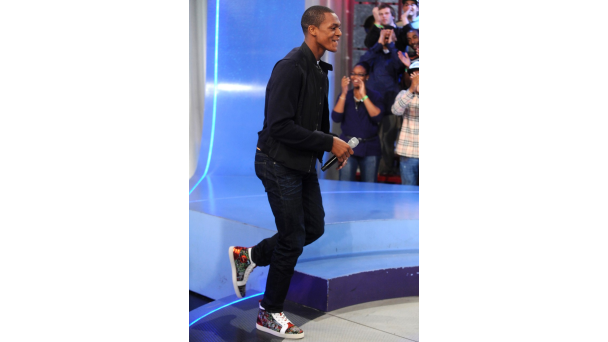(Ed. note: This is one of several posts on different aspects of Bobby’s Grich’s Hall of Fame candidacy Jeff Mays has written over the past few years. Sadly, the others, written at Halos Daily, were eaten by the Internet overlords earlier this year.)
At the end of the 1976 season, baseball’s first free-agent class hit the market, and one of the prizes every team coveted was Oriole second baseman Bobby Grich. He was an all-world defender who had teamed up with Mark Belanger for four years to dazzle baseball fans and frustrate opponents with their defensive wizardry. The six-foot-two Bobby Grich was not your typical all-glove-no-bat middle infielder, however, since he could win a game for you as easily with his bat as with his glove, which is why the New York Yankees spent several weeks after the conclusion of the 1976 World Series trying their best to win over Grich and have him sign a deal that would put him in their infield for the next few years.
Two of the key tools that Grich employed to help him become the elite defender he had been were his arm and his intelligence. He had been the quarterback of his Long Beach Wilson High School football team and had been recruited heavily by UCLA, which spoke of his strong and accurate throwing arm. He also had a preternatural knack for knowing where to position himself relative to the tendencies of each particular batter in tandem with what kind of pitcher that batter would be facing.
Grich used these two key tools and his superior athleticism to win four consecutive Gold Gloves, from 1973 to 1976. During these four years, Grich was simply the best defensive second baseman in all of baseball. He led all Major League second basemen during this time in putouts (1727 to Felix Millan’s 1474), assists (1846 to Dave Cash‘s 1700), double plays (475 to Cash’s 431), and total zone (a dominating 55 to Rennie Stennett‘s 37). He also broke the Major League record for second basemen when he recorded a .995 fielding percentage in 1973.
And if that wasn’t enough to make general managers everywhere salivate, as I mentioned before, Grich was also one of the most productive offensive second basemen in the game. He was one of those special players who could hit for power and also produce a high on-base percentage. No American League second baseman hit more home runs than Grich’s 57 during this span from 1973 through 1976, and his incredible .378 OBP was the third highest among the major leaguers manning the keystone, behind only Joe Morgan and Rod Carew.
In November of 1976, Grich left New York and was driving himself across the country back home to southern California with a lucrative offer from the Yankees in his back pocket. But when he reached New Mexico, he called his agent and told him to make a deal with the California Angels instead, the team he had rooted for during his boyhood, and the Angels quickly wrote up a five-year, $1.35 M contract that Grich signed as soon as he arrived in Anaheim.
Although expectations were sky-high, the signing turned out just as good for them as the Angels had hoped it would be. During his 10-year tenure with the Angels, Bobby Grich continued his excellence both with the glove and with the bat. He led the team to three playoff appearances, he was selected to three All-Star squads, he became the first Angel in franchise history to win an American League home run title, in 1981, and in 1985, at the age of 36, Grich broke his record for MLB second basemen by posting a .997 fielding percentage.
So now that we find ourselves near the end of 2015, here’s hoping that the Hall of Fame’s Expansion Era Committee will finally wake up from its disgraceful slumber next year and put one of baseball’s greatest second basemen on its ballot. Maybe then our annual discussion of the merits of his candidacy will cease being for naught, and we can ultimately deliver a plaque bearing his likeness to its rightful place in Cooperstown. And, incidentally, here’s hoping that Andrelton Simmons, just like Grich did decades earlier, can live up to the lofty expectations that have been put upon him.
Add The Sports Daily to your Google News Feed!
